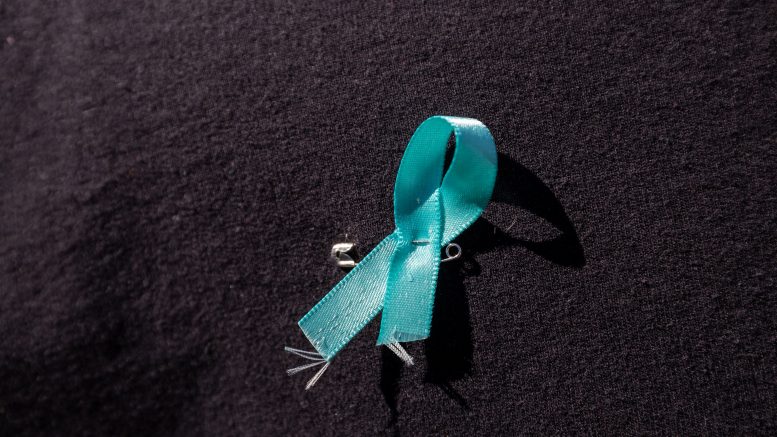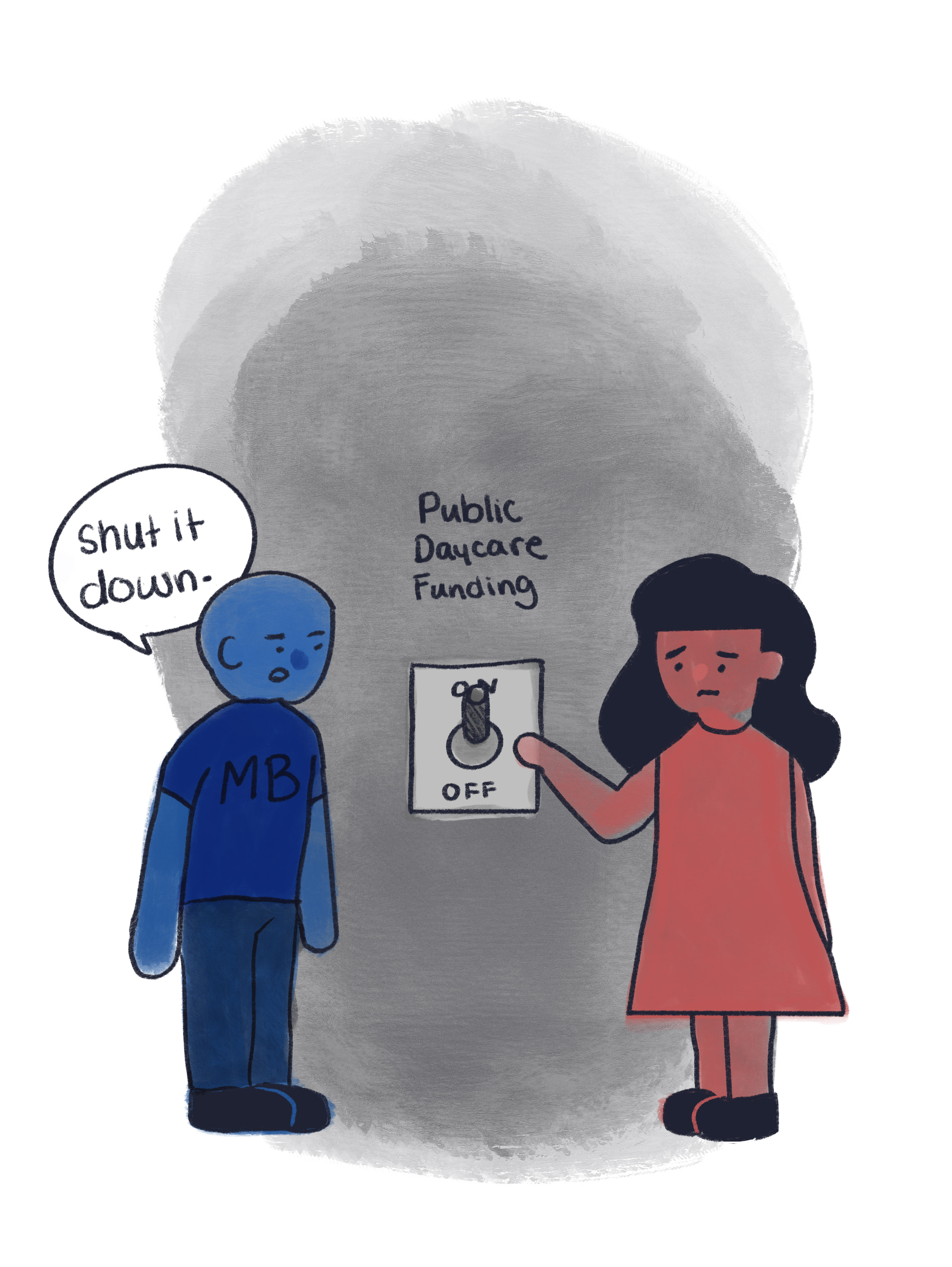In the months following her appointment to the role of minister of advanced education and training, Renée Cable said she noticed “gaps” in policy regarding the reporting of sexual violence at post-secondary institutions.
“There really weren’t teeth for enforcement from this department,” said Cable.
The Manitoba government announced proposed changes to the advanced education administration act on March 7 which will require post-secondary institutions to publicly disclose the results of their sexual violence policy reviews.
If post-secondary institutions do not adhere to the act’s obligations regarding sexual violence polices, the amended legislation would allow the minister to reduce funding to the institution.
UMSU vice president student life Christine Yasay said she could see how people may find the repercussions “a bit harsh” but that the “priority is students and the safety of all students.”
Cable said that while it is not new for post-secondary institutions to have sexual violence policies, the proposed changes were made “to ensure that institutions are taking it seriously.”
The University of Manitoba introduced its first sexual violence policy in 2016. The policy was most recently updated in 2023.
There were six reported cases of sexual assault and 17 reported cases of sexual harassment at the U of M in the 2021-22 academic year, according to the most recent annual report from the office of human rights and conflict management.
Bre Woligroski, director of the Sexual Violence Resource Centre at the U of M, said that she is “very supportive” of the improvements in accountability she expects these changes to have.
While Woligroski emphasized the value of post-secondary institutions publicly reporting on sexual violence across campuses, she worries about the “larger story” that does not appear in the universities’ reports.
“There [are] a lot of reasons that students, and staff and faculty, don’t want to do that formal report,” said Woligroski.
Woligroski reiterated the importance of the number of reported incidents and that she is “glad to see there is a priority for publishing [reports].”
She noted that it is important to remember that reporting is only one piece of sexual violence prevention work and to “always talk about the untold stories.”
Yasay and Woligroski also had similar concerns regarding a lack of education across the university.
“A lot of folks on campus still don’t know that the sexual violence policy exists,” said Woligroski.
Yasay who sits on the university’s sexual violence steering committee said that while she has the opportunity to learn about sexual violence in many of her courses, and through her work with UMSU, she worries students may not be aware “how prevalent an issue it is.”
Cable said she hopes the legislation will “pass without too much pushback,” and then formal work on those aspects can happen.
Cable said the government is “going to do everything we can to ensure that every student feels safe on campus.”
“I personally want every student to be able to attend post-secondary as their whole selves without fear.”





